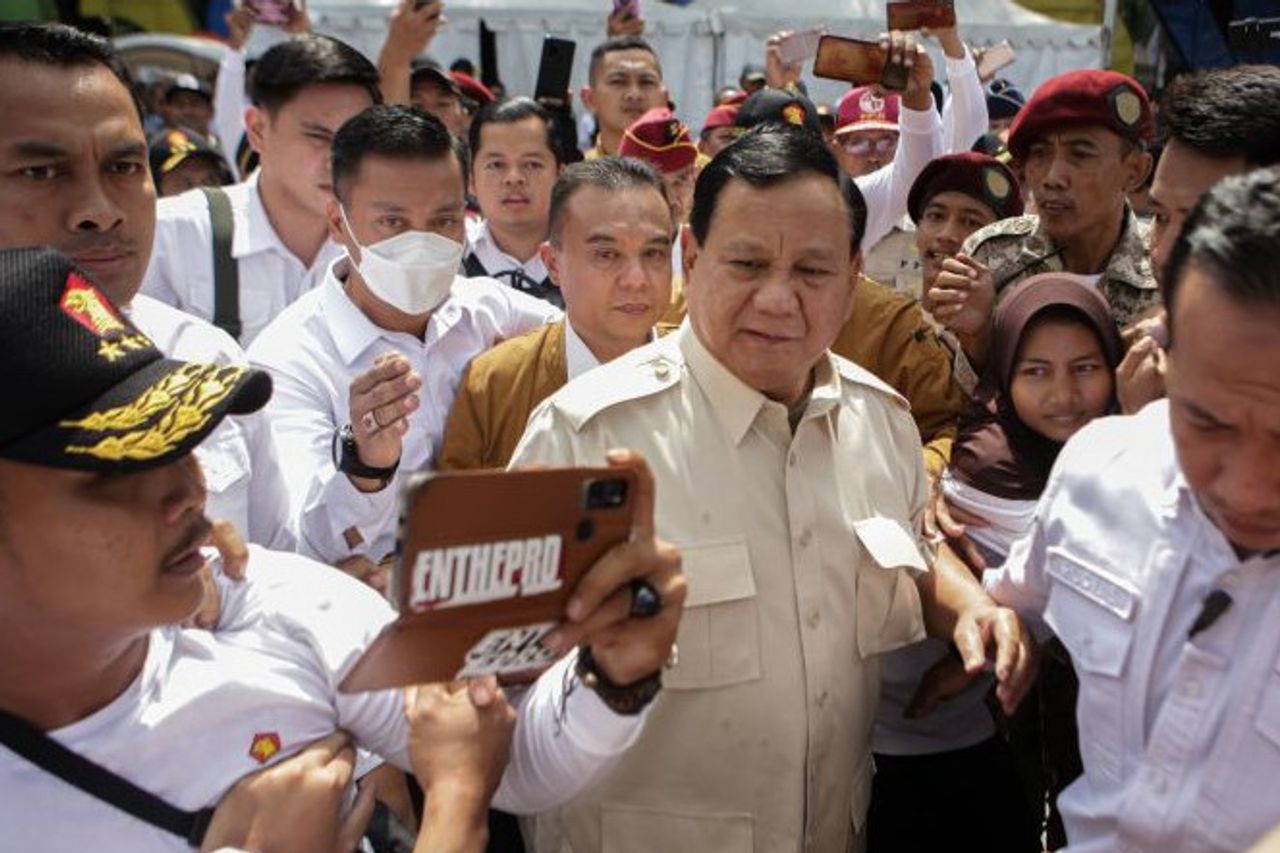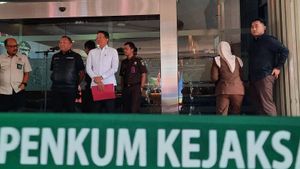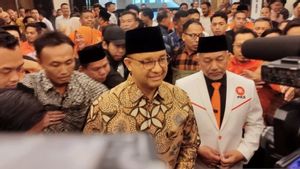The Figure Of A Free Intervention Leader That Makes Prabowo's Electability Increase

Political observer Dedi Kurnia Syah believes that the community supports Gerindra Party Chair Prabowo Subianto as a presidential candidate in the 2024 presidential election because he is considered the figure of the leader who is the most independent or free from intervention from other parties.
"The public chose Prabowo because Prabowo is considered the most capable, has the most capacity, and is the most independent of other interventions," said Dedi in a statement quoted by ANTARA, Thursday, July 13.
The Executive Director of Indonesia Political Opinion (IPO) said this then made the public more confident in supporting Prabowo openly until his electability experienced an increase.
Dedi also assessed Prabowo's firm, authoritative, and humorous character as making his figure have a complete package to become the next leader for Indonesia.
"Thus, Prabowo's electability returns to its electability in previous survey periods," said Dedi.
另请阅读:
Previously, the Executive Director of the Indonesian Survey Institute (LSI) Djayadi Hanan said that Prabowo's electability had strengthened consistently from January to June 2023, as recorded in the survey results from his party.
"The trend is that there has been a consistent strengthening trend against Prabowo from January 2023 to July 2023," said Djayadi.
He revealed that the results of the LSI survey in January 2023 showed that Prabowo received 23.2 percent electability, then in February it increased to 26.7 percent, continued to rise to 30.3 percent in April 2023, and LSI's latest survey in July reached 35.8 percent or topped the top position.
"In the simulation of three names, Prabowo is 3.6 percent superior to the Governor of Central Java as well as the candidate for PDI-P presidential candidate Ganjar Pranowo. Prabowo won 35.8 percent electability and 32.2 percent Ganjar," he said.
The LSI survey was conducted on July 1, 2023, involving 1,242 respondents aged 17 years and over or married and having a cell phone or phone.
The survey conducted by telephone interview method had a margin of error of around 2.8 percent at a 95 percent confidence level.


